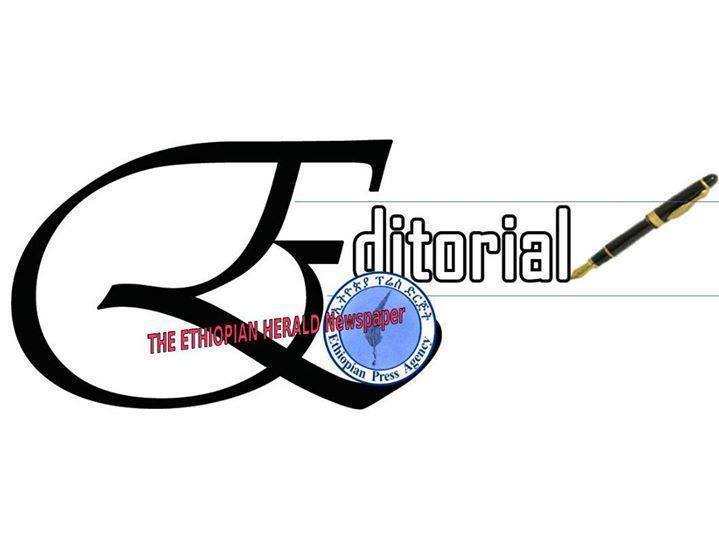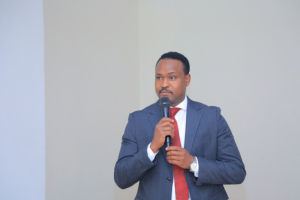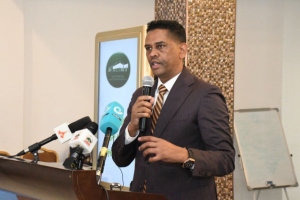
The last nine months have brought unprecedented changes in the country, particularly in the justice sector. The reforms taken in the sector encompasses a lot of unfolding changes to the country.
The reform stretches from amending stringent laws that were used by former autocratic officials as a pretext to repress in basic human and democratic rights; to strengthening democratic institutions and establishing new ones for the common good of the general public.
likewise, various administrative measures so as to ensure equitable economic benefits among all Ethiopians; to making former corrupt officials and immoral security agents accountable to their wrong doings.
It goes on from releasing thousands of political prisoners to closing down prison facilities, including the infamous Maekelawi and several other secrete prisons established by the former security; to opening up the political space and media landscape and inviting political dissidents to come back home and play their share in transforming the nation; and even to appointing some of them to some strategic institutions such as the National Electoral Board and national committees of vital significance. The list can go on.
With such unfolding changes coming to the country, the Ethiopian people, by and large, are expressing their satisfaction and hopes that the reforms continue with momentum. Likewise, the image of Ethiopia is quickly changing for the better. The country that was very famous for locking up, torturing and killing political dissidents and independent journalists over the last decades, is now being hailed as an emblem of political and media freedom, to the extent that would set an exemple to rest of Africa.
Currently, Ethiopia has gone from being one of the world’s worst jailers of journalists to for the first time in more than a decade of having no journalists in prison. A country that was known for forcing innumerable opposition politicians and journalists to exile, without any hope of when to return is now reputed for galvanizing unity and involving them in transforming the nation.
No matter how much magnificent these changes are, there are still some who are striving to sabotage the reform and restore the status quo ante. Though very few in number, they are trying to fuel opposition against the reforms in the name of constitutionalism. No wonder, their opposition was started right from the beginning when the government announced releasing of journalists and politicians from prison.
The argument they forwarded at the time in public parliament debate was as to whether the measure was constitutional to release people who had been jailed for terrorism. It is pertinent to quote here Prime Minister Dr. Abiy’s swift response made then: “Jailing and torturing, which we did [in the past], are not constitutional either.
Does the constitution say anyone who was sentenced by a court can be tortured, put in a dark room? Torturing, putting people in dark rooms, is our act of terrorism.” Thus the blatant accusation made by some anti-reformists is futile. It proves nothing but their hidden interest to sustain the old autocratic type of rule, through which they “ruled the people by law” for their own personal gains and group advantages instead of by “rule of law”.
The government’s measures, including taking legal measures against grand corrupts and others involved in human rights abuses is by no means considered as unconstitutional. They are part and parcel of maintaining law and order in the country. The government must intensify all actions necessary to maintain the rule of law because it is duty bound to ensure law and order in the country.
The Ethiopian Herald, January 4/2019





